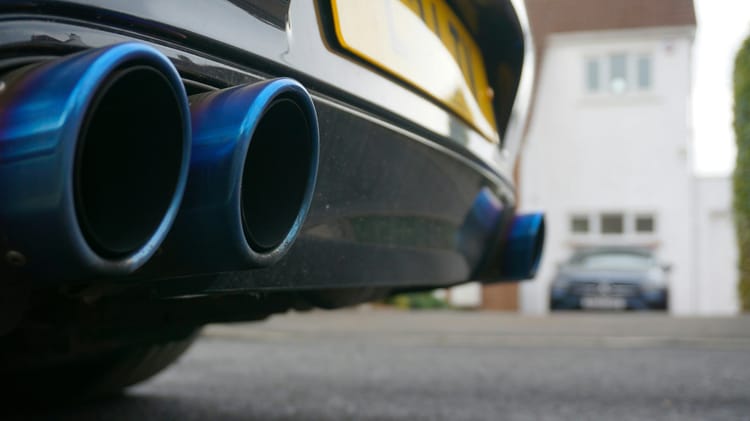Bonn climate talks: Adaptation, just transition and ‘procrastination’
"Even in this broken space, people’s power shone through."

Most observers have deplored the slow progress achieved over 10 days of climate negotiations in Bonn – though some welcomed developments around climate adaptation and the just transition.
Ten days of mid-year climate talks came to an end last week without much progress on key issues such as the phase-out of fossil fuels, the renewable transition and nature-related commitments.







